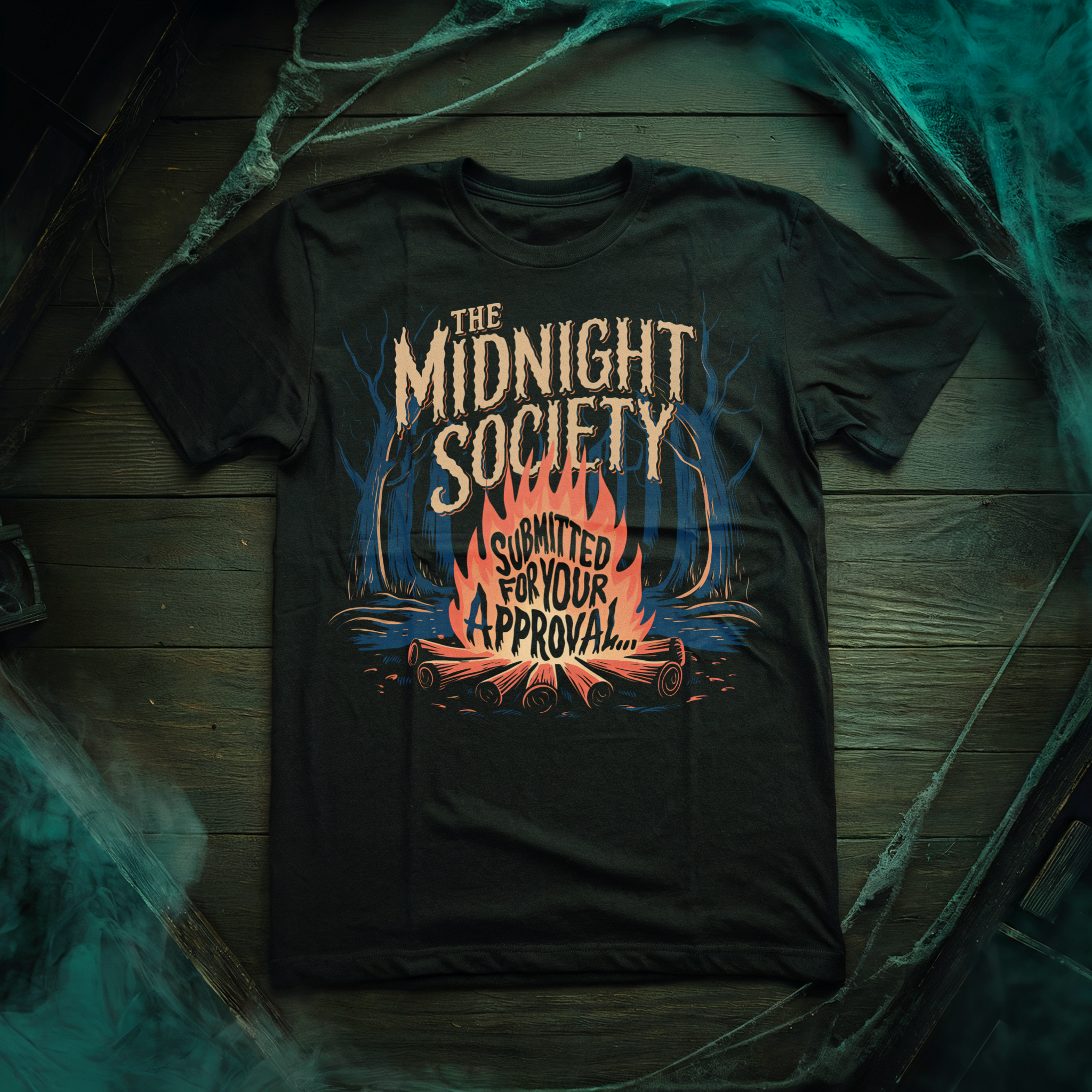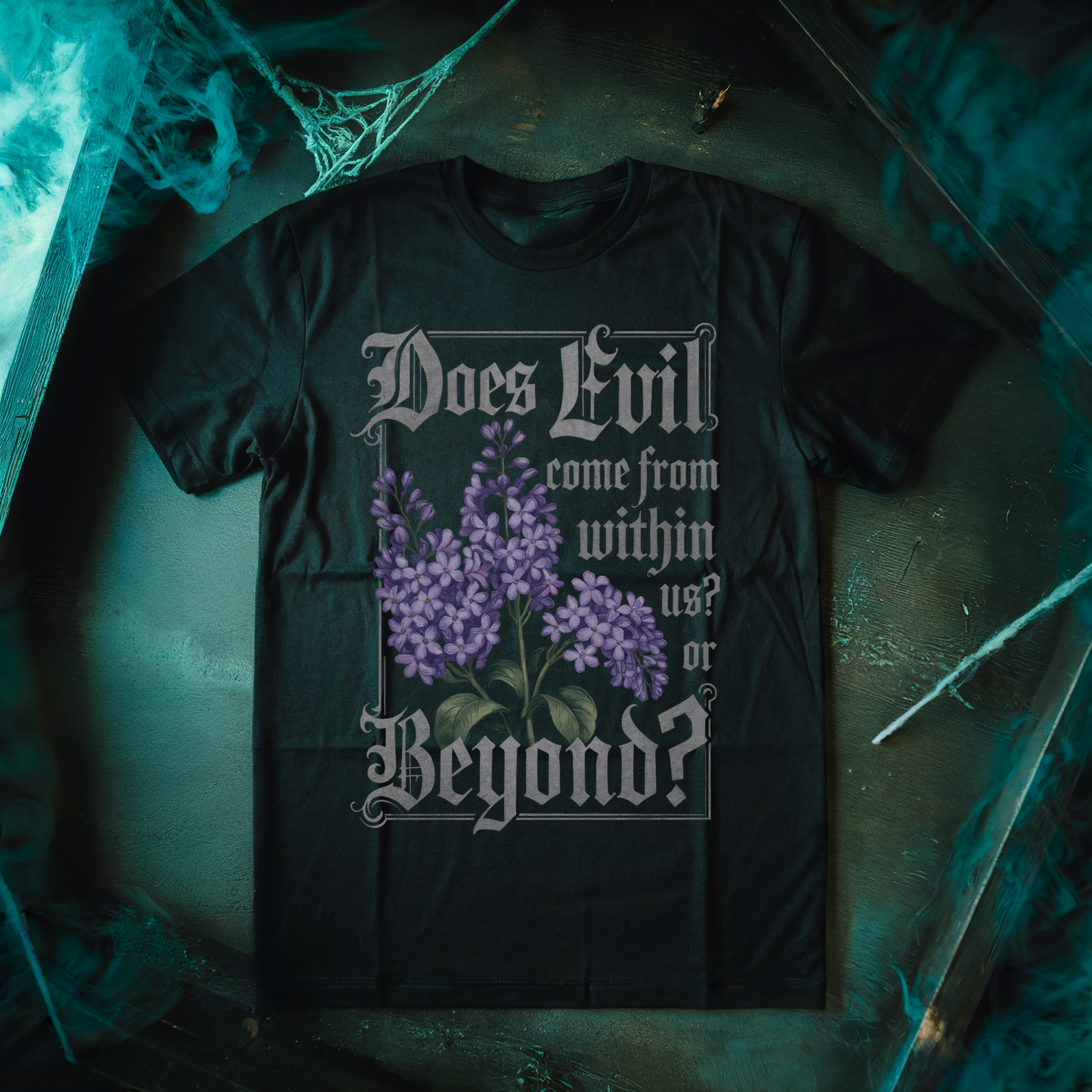The female experience is such a broad phrase, one that feels othering and makes women feel like monsters. But director Winnie Cheung (Albatross Soup) is embracing that with her upcoming short film, Last Call. While not yet filmed, Cheung is currently raising funds through Kickstarter.
Last Call is described as an erotic creature feature. Its protagonist is Claudia, a young Chinese-American girl who rides motorcycles and drinks a lot of booze to hide the emptiness she feels inside of her. Here, Cheung wishes to use that idea of the female experience to create a horror film that truly encapsulates the fear of being a woman, and what it means to go through the world as a woman. I spoke with Cheung on the phone about Last Call, its themes, its monster, and the trauma that lies at the film’s core.
“I feel like this is the first time where I just poured so much of myself into a film, which is pretty scary.”
Mary Beth McAndrews for Nightmare On Film Street: I’m really excited to talk about Last Call. It looks like everything I’ve ever wanted in a horror movie, because I’m all about women, and rage, and horror, and trying to understand the female experience in horror. But first, have you always been interested in the horror genre?
Winnie Cheung: Actually, I think my journey towards [horror], if you watch my previous films, I don’t think you’ll see a lot of that. So far, maybe Albatross Soup. But you know what? I think a lot of what I’ve done has a lot of dark themes in them, no matter what genre it is. I think maybe just took a minute to find my place, and my voice, and I owe so much that to my collaborators.
I don’t know if you know them, but Courtney and Hillary Andujar, who are production designers, and filmmakers themselves. They are super avid horror queens and have taught me so much. I just never really watched it as a child, because I was too scared, but they introduced me to Giallo films and more romantic type of horror films where it made me understand the genre a lot more where it spoke to me. I just didn’t know how to access that until collaborating with them.
NOFS: What was the inspiration for Last Call?
WC: So much. I feel like this is the first time where I just poured so much of myself into a film, which is pretty scary. So I think the biggest theme for Last Call is of course trauma, and trauma on so many levels. There’s trauma on the body, that sexual trauma. I wouldn’t say that that’s a personal story, but it’s a story that I have spoken to a lot of close friends about, and have done a lot of research through different books. And I know that it’s a very sensitive topic, but it’s also one that is so severely misunderstood. Even if you have friends that have gone through it, they can’t even speak to it properly if they’re still healing from it.
And then the other type of trauma that I wanted to talk about was the trauma of actual immigration, and assimilation, which is, I think, pretty foreign for an American audience. And it’s kind of the same thing. It’s like your body moving through a space that will always consider you as the other, and it can also be the same as you can still also play the victim in that as well.
As in, yes, for somebody like me who was born in Hong Kong, which is a place that has been colonialized by the UK, or England, more specifically, and then coming to America, and growing up in New York where there isn’t a singular identity but identity of many. That has always been how I have existed without anything to really hold onto. I’m neither Chinese, nor British, nor American. And I think that also weighs a lot in myself, in my mind, and in my body as well.
“…the language of the horror genre, is so visceral, and so heavy, and emotional. In many ways, it’s like it goes hand in hand with the female experience.”
NOFS: I was actually going to ask you about approaching immigration, and assimilation through the lens of horror. I feel like I’ve never seen a horror movie that really tries to deal with that topic. It’s either a movie that’s made in another country, or a movie that’s made here in the States, and the process of immigration, and also, like you said, assimilation is never talked about in the genre. That leads to my next question: what gap do you want the short film to fill in the horror genre?
WC: I think that the horror genre, and the language of the horror genre, is so visceral, and so heavy, and emotional. In many ways, it’s like it goes hand in hand with the female experience. And yet a lot of the horror movies I’ve seen have just used the female body as a way to get to the end of the story without really using her experiences, and her mind, to explain a lot of the things that we’re going through. And so I hope that I get to be, and I know that there are other women in horror that are working on this, part of this larger movement to move [the genre] more towards a female gaze.
NOFS: That is really exciting. I think there’s a lot of really cool things happening in the horror genre right now, including this. And I know it’s also a creature feature. So can you give us any hints about the inspiration for the creature that you’re creating from this film?
WC: Yeah. So, I’m really excited to film the creature. I’m really excited to figure out how to do it practically. I think we’re going to try to film it all practically.
We won’t see the whole creature, but we will definitely be seeing parts of it in the short, and it’s just a bunch of fingers that are layered on top of one another. There’s so much power in, and a meaning behind this creature, obviously. But I really had to think of it from Claudia, the main character’s perspective. And for her, she has repressed trauma, sexual trauma, that she can’t even remember, but I think what she does remember is just fingers.
NOFS: And then I see in the Kickstarter that Last Call, you want it to be a concept short for a feature film? Can you talk more about the feature film idea, and what you want this short to lead to?
WC: A lot of production companies have reached out to me, and they’ve said, “Oh, cool, we really want to see this feature film.” I have a version of the script but I don’t feel confident in it yet. And I truly think that by shooting this, by finding the right collaborators, we’ll figure it out, as in we’ll understand the motivations behind the characters better, we’ll see what works, and what doesn’t. I think that there’s always a gap for emerging directors, and also female directors, where [production companies say], “Oh, we want a finished script that we can shoot, that we want to monetize off of.” But we’re not there yet. And I think shooting a short film as a proof of concept is actually a really important half step or step towards the feature.
NOFS: This is just such a cool idea, and it just feels very unique, and what the horror genre needs. That’s very exciting to me, as a woman who loves the horror genre.
WC: Yay. Okay. That makes me really happy.
Last Call is currently raising money for production via Kickstarter. What do you think of Cheung’s film? What’s your favorite creature feature? Let us know what you think over on Twitter, in the Nightmare on Film Street Subreddit, and in the Horror Movie Fiend Club on Facebook!








